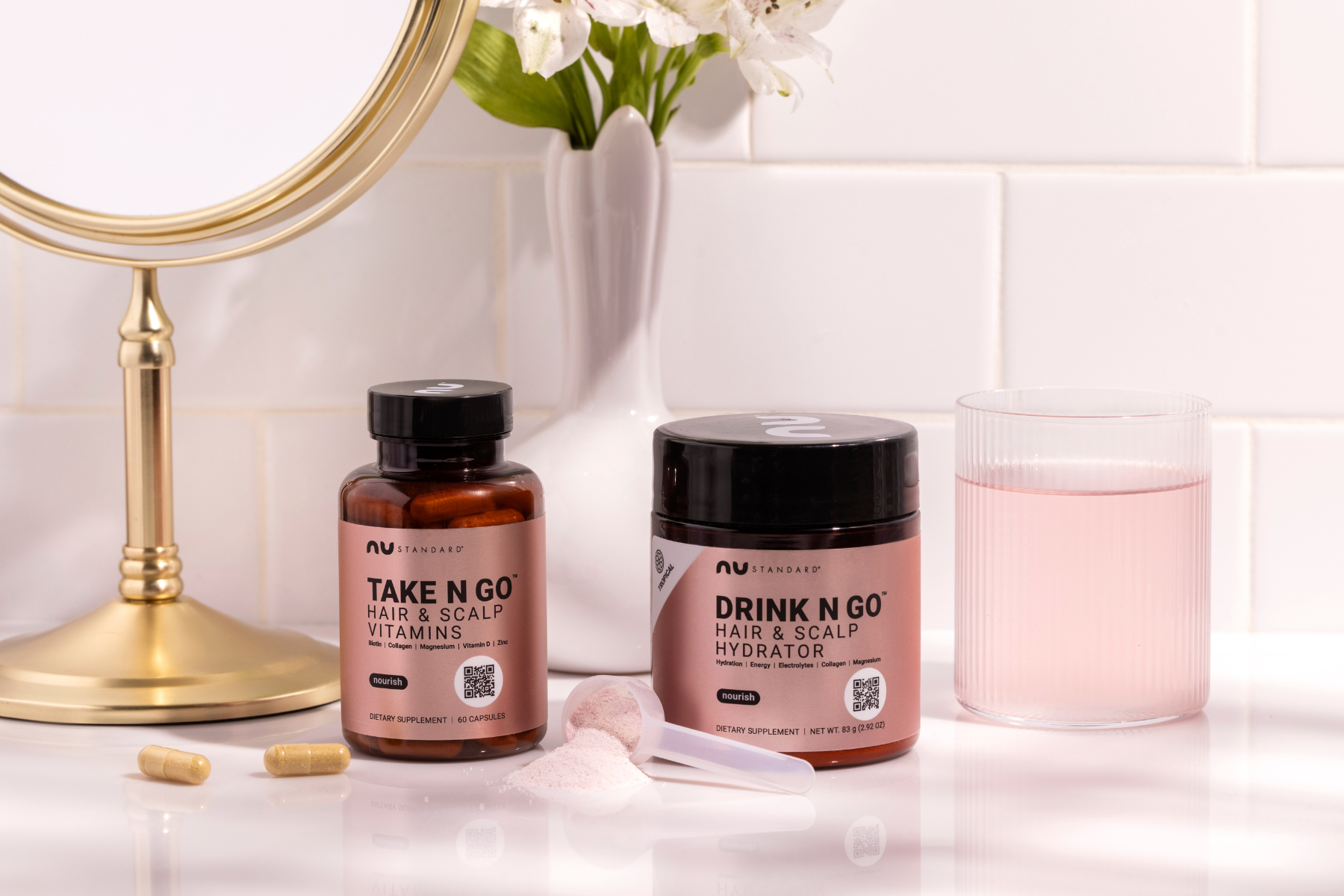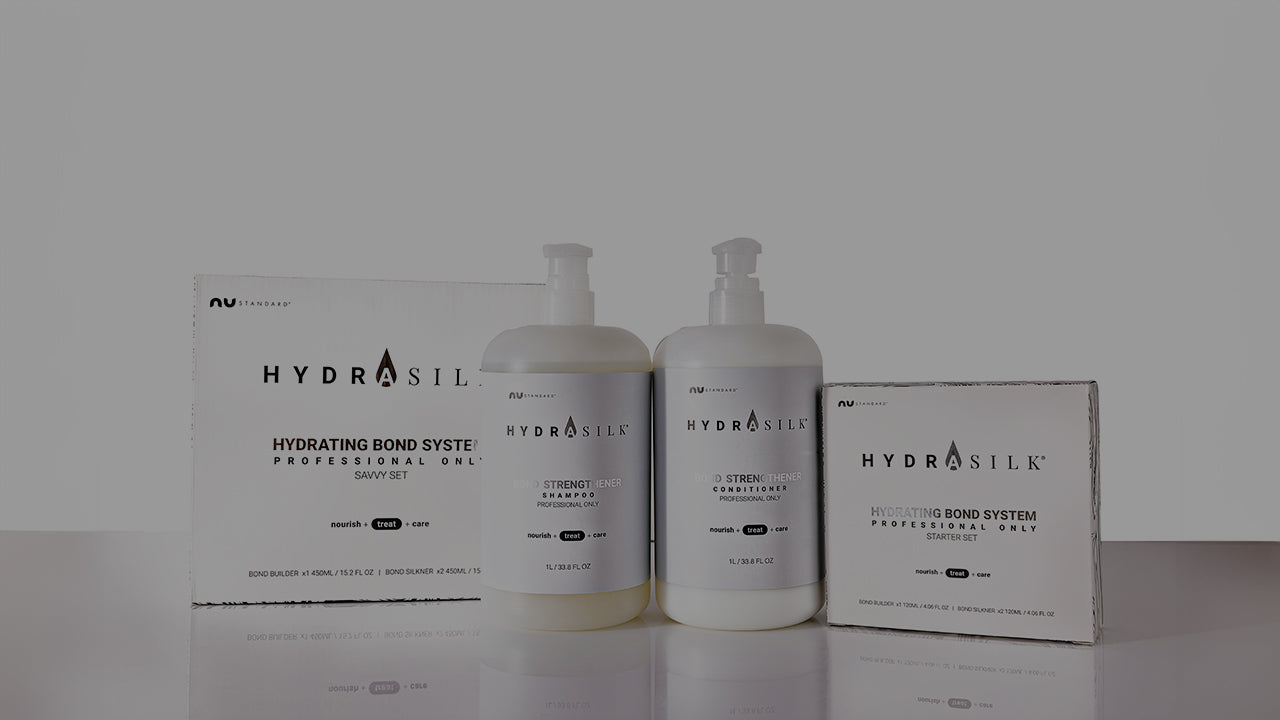
Beauty and the FDA
What You Need to Know
Understanding the role of the FDA (Food & Drug Administration) in the beauty and supplement world.
Our FDA Registration
Supplement Manufacturing: U.S. FDA Registration No. 1715331256
Retail/Consumer Haircare Manufacturing: U.S. FDA Registration No. 3017282585
Professional Haircare Manufacturing: Guangzhou,China - International FDA Registration No. 1011301
The FDA or the U.S. Food and Drug Administration is a federal agency responsible for regulating products that impact public health, such as food products, pharmaceutical drugs, medical devices, cosmetics, and even tobacco products. The FDA plays an important part in ensuring the safety of the products we use every day, but does not give pre-approval for every industry that it oversees.
MoCRA represents the most significant update to cosmetic regulations since 1938. It expands the FDA’s authority in several areas, ensuring safer consumer products through:
Mandatory Facility Registration: All manufacturers must register with the FDA, and registrations need to be renewed every two years. Non-compliance can lead to product recalls or market restrictions.
Product Listings: Companies are required to list all products and ingredients marketed in the U.S., with annual updates on discontinued items.
Adverse Event Reporting: Serious health-related incidents involving cosmetic products (like allergic reactions or significant hair loss) must be reported to the FDA within 15 business days.
Labeling for Transparency: Products must display contact information for reporting adverse events and disclose fragrance allergens by the end of 2024. Labels for professional-use products must indicate they are for certified professionals only.
Cosmetic brands need to adapt to the new framework by:
Ensuring safety substantiation through testing and documentation. While FDA does not approve most cosmetics before they hit the market, companies are now required to maintain robust records on product safety.
Adopting Good Manufacturing Practices (GMP) to reduce the risk of contamination or misleading labeling.
Preparing for FDA inspections, where officials can access records during facility audits and mandate recalls if products pose health risks.
Dietary supplements, such as those promoted for hair health, fall under separate regulations. These products must:
Comply with the Dietary Supplement Health and Education Act (DSHEA), which mandates accurate labeling and prohibits false health claims.
Include FDA disclaimers if their effects are not evaluated by the agency. Supplements intended for hair wellness must also avoid ingredients known to pose health risks.
Why Compliance Matters?
For consumers, these changes increase transparency, safety, and trust in beauty products. For brands, staying compliant helps avoid recalls, legal challenges, and reputational damage. Adhering to FDA standards can also enhance brand value by demonstrating a commitment to product safety and consumer well-being.




